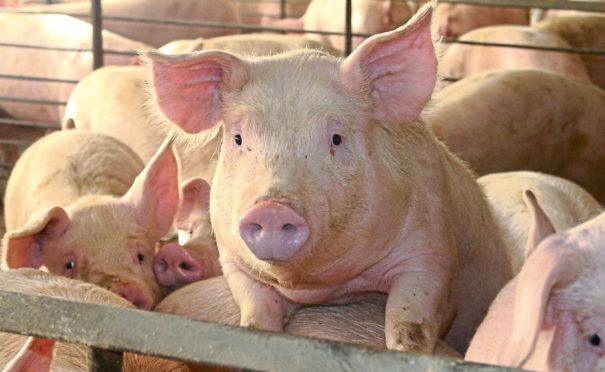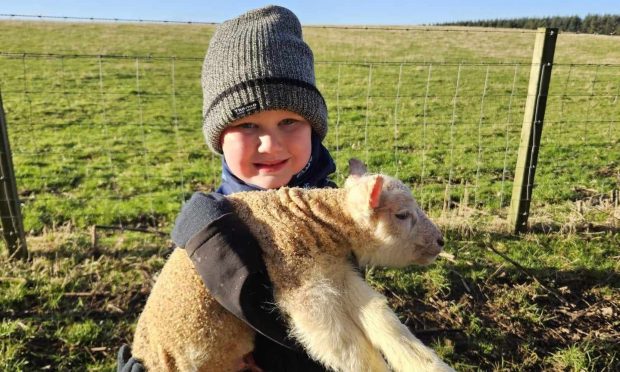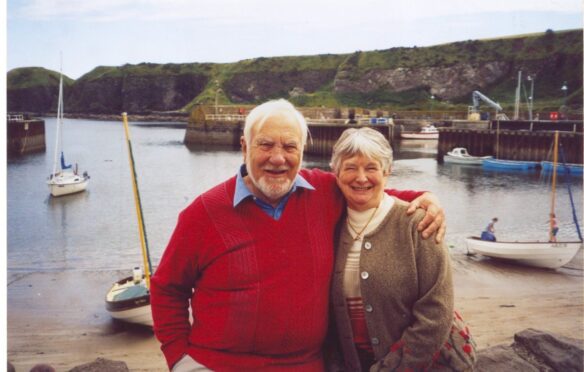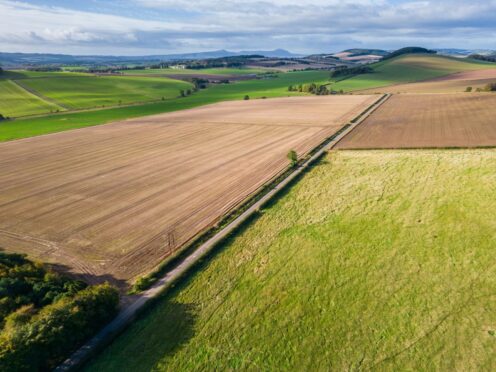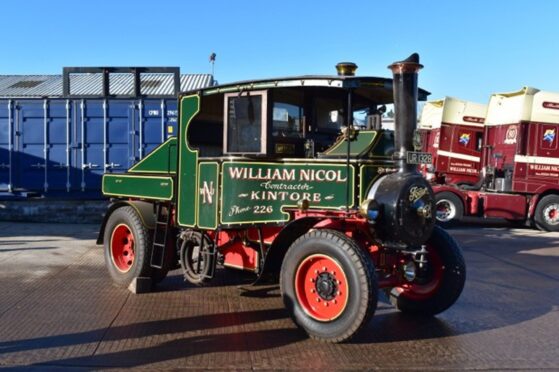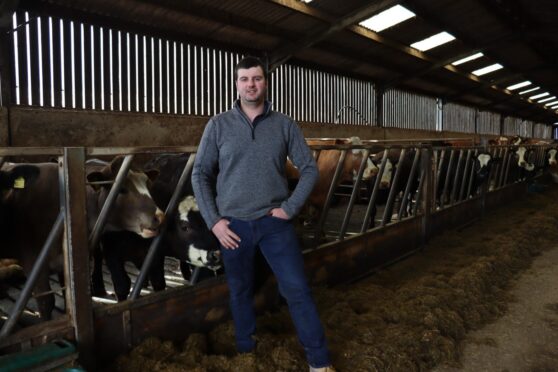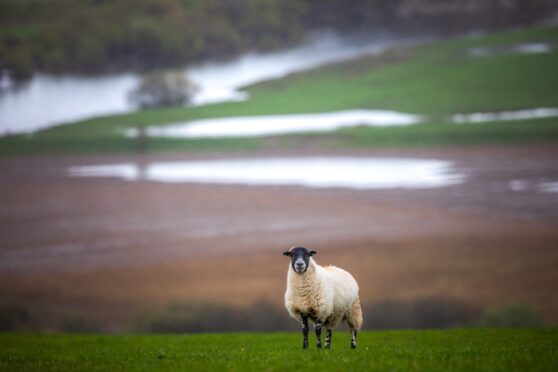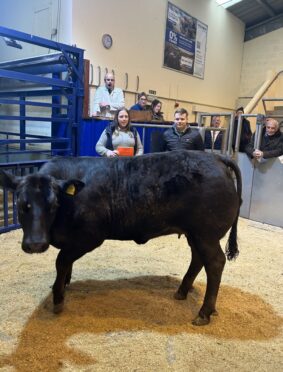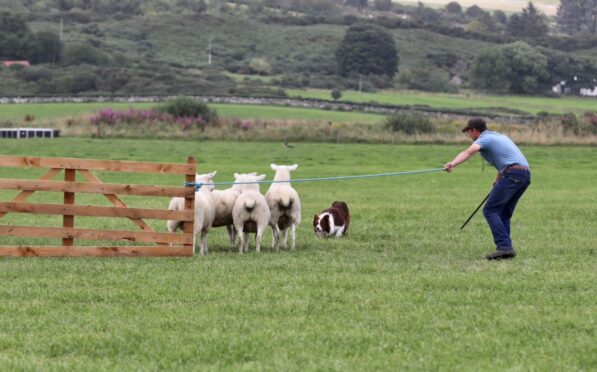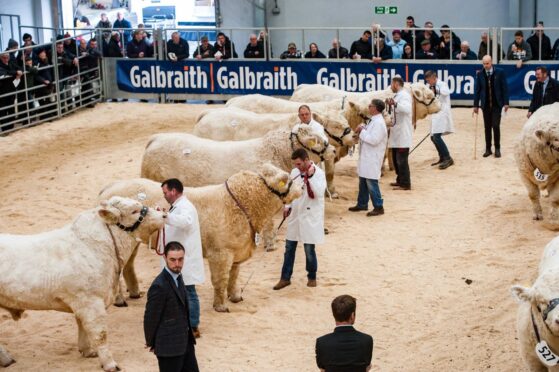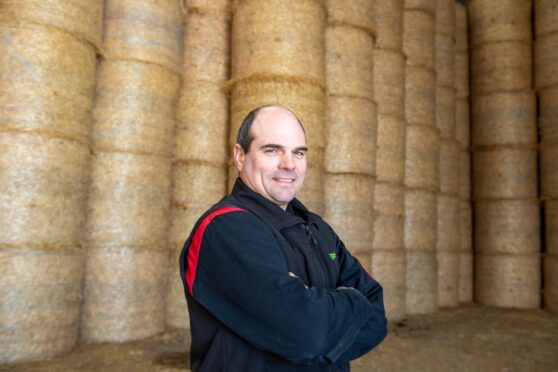Pig industry leaders have welcomed “constructive discussions” in a bid to find a solution to problems which are leaving many farmers losing £20 for every animal they produce.
The National Pig Association (NPA) held a meeting with people from across the supply chain – including processors, government ministers and retailers – in response to thousands of pigs being kept on farms due to a combination of Covid-19 problems in pork processing plants and post-Brexit export disruption.
The association said a survey of members revealed 86% are having pigs held over to a later date by processors and 44% said this was a regular occurrence. It also found 88% of pig farmers are already, or expect to be, in a loss-making siutation soon, with many making an average loss of £20 per pig, and 84% said the situation was having a negative impact on mental health.
NPA chairman Richard Lister said the problems had created a backlog of more than 100,000 pigs on UK farms.
“The net effect of this has been that many more pigs need to be cared for.
“They need to be provided with increasingly expensive feed and straw, resulting in rapidly declining cashflows and mounting losses for producers,” said Mr Lister.
“The backlog is growing and pig farming is at its most critical state for 20 years.”
He said although many farmers had contingency plans in place to cope with short-term difficulties in moving livestock, these were not sustainable in the face of continuing and further backlogs.
“This is a very complex issue to which we knew there would be no single solution or we would have resolved it by now,” added Mr Lister.
“There is clearly plenty still to be addressed, but the key message we took from this constructive meeting is simple.
“We will only find real solutions if all parties – producers, processors, retailers, trade bodies and government – are prepared to put self-interest aside and work together for the good of the great British pig industry.”
